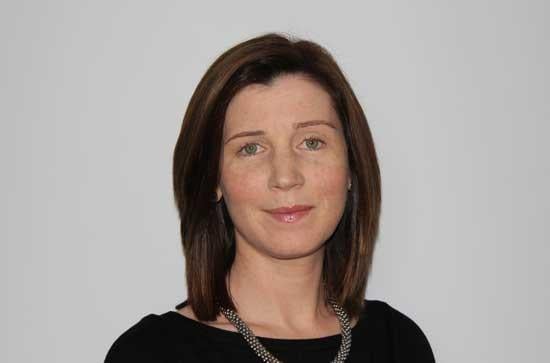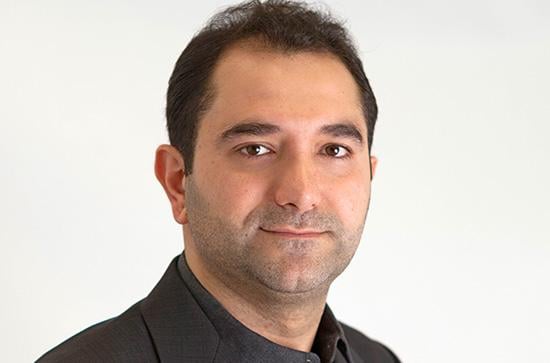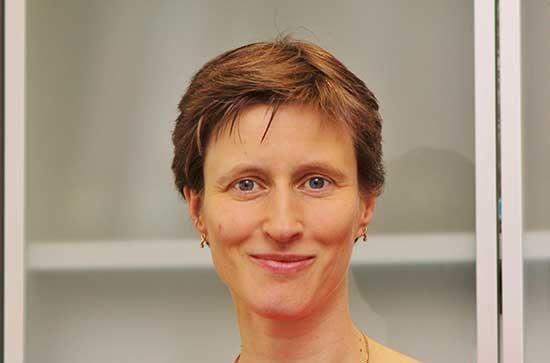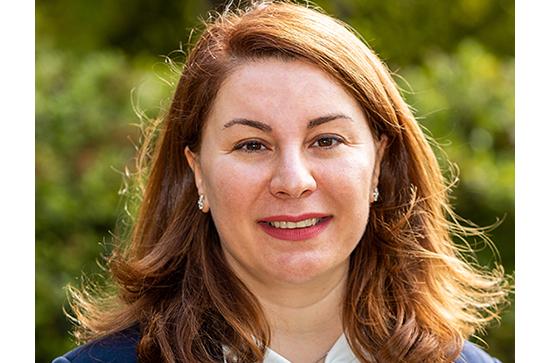Qualification : POSTGRADUATE DIPLOMA
Award Type and NFQ level : POSTGRADUATE DIPLOMA (9)
CAO/PAC code : MH43D
CAO Points :
Closing Date : 30 June 2024
To achieve the Sustainable Development Goals will require a surge in financing and investments and it is estimated by UN Secretary General António Guterres that USD 5-7 trillion is needed by 2030. This presents a significant opportunity for businesses, investors, and policymakers to assess and understand best practices to deliver better outcomes for all stakeholders. The new Sustainable Financial Technology and Innovation Programme is an interdisciplinary programme designed to provide participants with a strong foundation and cutting-edge application in sustainable finance incorporating both technological and innovation perspectives. This is an exciting and rapidly evolving area of practice, and understanding core drivers, risks, and influences will provide participants with skills that will be relevant across a range of careers connected to sustainable finance. It will enhance participants existing understanding of sustainability and sustainable finance and allow those who are new to sustainable finance to develop and expand their skills and knowledge.
This programme aims to provide participants with an understanding of the fundamentals of sustainable finance. Throughout the programme, participants will explore current trends in sustainable finance, financial technology, innovation, the environmental, social and governance (ESG) risks facing businesses, and the use of sustainable finance to address and alleviate these risks. Participants will also gain a comprehensive understanding of key financial products used in sustainable finance, including green, social, and sustainability products. This programme explores not only what sustainable finance is, but what risks it is seeking to address, what forms it takes, and how it is implemented. A key goal of this programme is to train supply-side experts that can serve a global market from Ireland, making Ireland an attractive place for sustainable finance training and development.
The Postgraduate Diploma in Sustainable Financial Technology & Innovation is aimed towards individuals who wish to upskill in four key areas: data science related to sustainable finance, how financial technology is used to implement sustainable finance solutions, how sustainable finance interacts with financial innovation, and how regulators can design policies to promote sustainable practices. Significant changes are happening in the financial services sector globally as a result of the drive towards increased sustainability. New financial products and services are emerging to finance the change towards a net-zero carbon economy. This programme enables the learner to understand the fundamental aspects of these changes. It is also important to note that financial technologies and solutions are not just the purviews of the finance function but is a key aspect of the emerging role of the Chief Sustainability Officer and in many organisations are part of the Chief Executive Officer Team. During this programme, participants will learn from subject specialists from Maynooth Universitys School of Business and industry experts and will have an opportunity to engage with industry speakers. Typically, modules will be delivered online in the evenings so that working practitioners can access the modules, and review material asynchronously as suits their time commitments.
Candidates should have a minimum 2.2 grade honours (level 8) degree in a business/finance/economics discipline.
Candidates with a minimum 2.2 grade honours (level 8) degree in any discipline who can demonstrate significant experience in sustainable finance technology and/or innovation will also be considered.
In exceptional circumstances consideration will be given to candidates who do not hold a primary degree, but who do have at least 10 years relevant work experience at least 3 of which must be in a senior position in sustainable finance technology and/or innovation. This is done through the Maynooth University Procedure for Non-Standard Entrants and Recognition of Prior Experiential Learning
International applicants must have a recognised primary degree in Business which is considered equivalent to an Irish university primary degree (Level 8) at 2.2.
Minimum English language requirements: please visit Maynooth University International Office website for information about English language tests accepted and required scores. The requirements specified are applicable for both EU and non-EU applicants.
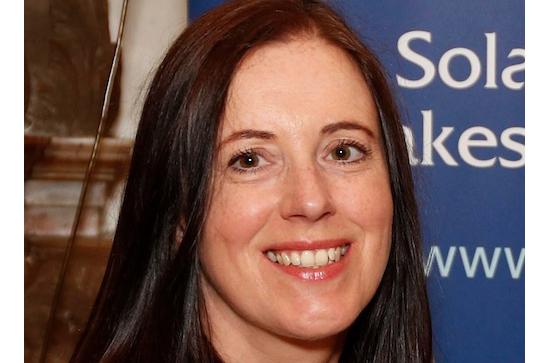
Academic
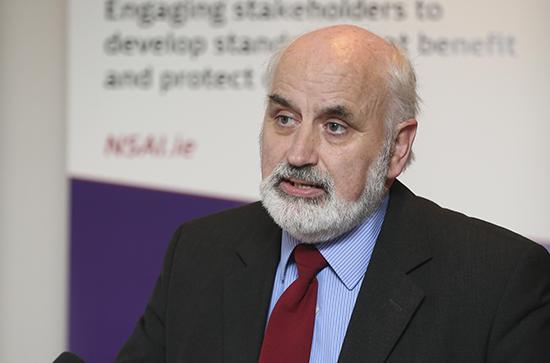
Academic

Academic

Academic

Academic

Academic

Academic
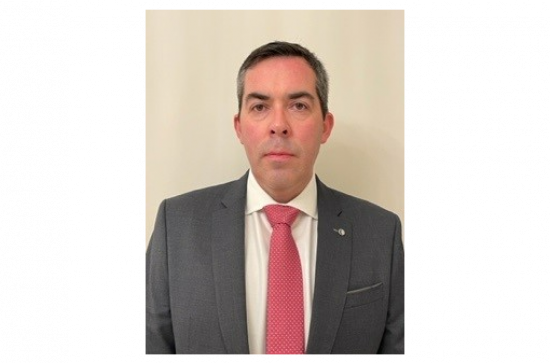
Academic

Academic

Academic
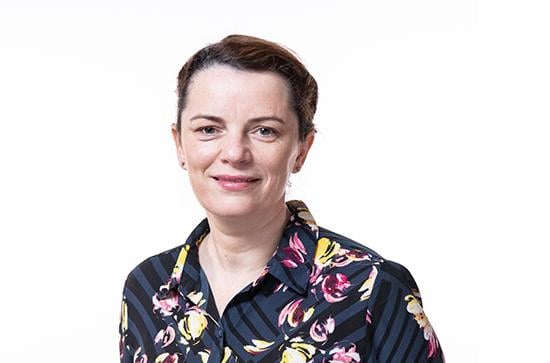
Academic

Academic
Department of School of Business
Department of Hamilton Institute
Department of Innovation Value Institute (IVI)

Academic

Academic

Academic
Modules
INTRODUCTION TO SUSTAINABLE FINANCE
The objective of this module is to introduce the concepts of sustainable finance from the viewpoint of asset owners and managers. This module will help students understand how the current financial system is been transformed due to climate change and environmental concerns and how this shift is driving the flow of capital.
On successful completion of the module, students should be able to:
- Apply the principles of sustainable finance to distinct scenarios in the sector,
- Synthesize the effects of global environmental challenges into a framework that demonstrates impact on the financial system,
- Diagnose the sustainability challenges facing business and financial systems,
- Critically evaluate the role of finance in the transition to a sustainable economy.
DATA SCIENCEFOR SUSTAINABLE FINANCE
The objective of this module is to explore the role of data science in promoting sustainable and socially responsible practices in the financial sector. This module will provide students a deep understanding of the principles and techniques of data science, as well as an understanding of the ethical and social implications of these tools and techniques in the context of finance. The module will also focus on working with specialized data resources, such as Bloomberg, Eikon and Sustainalytics, to gain insights into developments in sustainable finance.
On successful completion of the module, students should be able to:
- Critically analyse financial and non-financial data from various sources, including ESG ratings, climate data, and social impact indicators.
- Evaluate and apply key concepts to asset allocation and portfolio analysis using climate and ESG/SDG data.
- Develop data visualizations to communicate insights from financial and sustainability data to different stakeholders.
- Apply, and develop specific recommendations from, Anti-Greenwashing tools for specific organisational types.
FINTECH INNOVATION & THE REGULATORY FRAMEWORK
The module introduces the students to IFS 2025, the strategy to ensure Ireland continues to stay competitive as one of the worlds leading financial centres. It discusses the key elements of the Irish Fintech ecosystem, the regulatory bodies and the key regulations and regulatory approaches that ensure Fintech businesses are aligned with relevant EU directives.
On successful completion of the module, students should be able to:
- Critically evaluate current problems and/or innovations at forefront of the field
- Consolidate complex knowledge from a variety of sources to assess their impact on sustainable financial technology and innovation
- Evaluate the potential long-term impact of regulatory actions.
- Develop informed and innovative solutions to complex industry issues.
ESG INVESTING & REPORTING
As investors are increasingly applying Environmental, Social, and Governance factors as part of their analysis process to identify material risks and growth opportunities, this module will focus on teaching the fundamentals of ESG investing and ESG metrics, which might not be commonly part of mandatory financial reporting, but are increasingly included in annual reports or in a standalone sustainability report.
On successful completion of the module, students should be able to:
- Critically evaluate the ESG reporting ecosystem, with an overview of how financial institutions utilize this information to make decisions and the challenges associated with that.
- Critically assess the different accounting frameworks for sustainable reporting, including SASB, GRI, IASB, FASB and GAAP.
- Identify and evaluate the impact of different ESG investment strategies, such as exclusionary screening, positive screening, and ESG integration.
- Demonstrate a high level of understanding of the climate-economy link and the associated investment risks and opportunities across different asset classes in the financial sector.
CLIMATE RISK & CLIMATE INVESTING
This module focuses from an investors perspective on the great threat that climate changes pose, which could negatively impact economic growth, inflation, and investment returns. The module will examine the different climate risks and the approaches for effective portfolio decarbonization
On successful completion of the module, students should be able to:
- Diagnose the effects of climate change on prices and risks across a variety of asset classes, with a particular focus on equities, fixed income, energy, real estate, and mortgage-based assets.
- Evaluate climate leaders and laggards across industries and those positioned to seize transition opportunities.
- Judge the economic and financial foundations of potential climate regulations, including emissions trading schemes.
- Critically discuss approaches of constructing the Social Cost of Carbon, including an understanding of the appropriate discount rates.
- Provide a synthesis of how climate risk interacts with other risks, such as geopolitical risks.
BEHAVIOURAL FINANCE FOR SUSTAINABILITY
This module focusses on the role of the end consumer of financial services and their impact on the market for sustainable finance products and services. Learners will be made aware of psychological theories that at an individual level come together to link to market outcomes. This is particularly important for the sustainable finance industry as there is a strong individual bias towards sustainable products.
On successful completion of the module, students should be able to:
- Apply the fundamental principles of behavioural finance to sustainability issues, such as climate change, environmental degradation, and social responsibility.
- Critically analyse the behavioural biases, heuristics, and cognitive processes that influence decision-making in finance and sustainability.
- Demonstrate how nudge theory can be applied to sustainable finance initiatives and how they have been implemented in different financial services contexts.
- Evaluate, from case studies of companies, how behavioural finance can address climate issues and sustainability.
ETHICS & FINANCIAL REGULATION
This module focuses on principles of ethical finance, its application to sustainability and the role of various regulatory bodies, including governments and central banks. The module will cover polices on carbon and fuel subsidies, government investment policy and regulatory mechanisms to hold firms accountable.
On successful completion of the module, students should be able to:
- Critically discuss different policies and regulations and supervisory expectations related to sustainable finance are evolving in different jurisdictions.
- Evaluate what policymakers do in practice to steer/mobilise private capital towards more sustainable companies/investments and to force financial sector stakeholders to take ESG factors into account in financial decision-making.
- Evaluate how complex regulations give rise to financial markets for carbon and renewable energy certificates.
- Analyse the ethical dilemmas faced by financial institutions in the context of sustainable finance, such as conflicts of interest, greenwashing, and short-termism.
PROJECT MANAGEMENT
Introduction of innovations in a complex regulatory regime such as financial services require strong project management skills. This module is designed to ensure that the learner will be aware of the latest trends in project management and gain hands-on experience of managing projects.
On successful completion of the module, students should be able to:
- develop comprehensive project plans, including defining project goals and objectives, identifying project tasks and resources, establishing project timelines and milestones, and developing project budgets.
- demonstrate proficiency in executing and controlling projects, including monitoring project progress, managing project risks, ensuring project quality, and communicating project status to stakeholders.
- evaluate project outcomes and identify areas for improvement, including conducting post-project reviews, analysing project performance data, and applying lessons learned to future projects.
- Critically analyse the utility of a range of project management tools and techniques, including project management software, project scheduling techniques, cost estimation techniques, risk analysis methods, and agile project management methodologies.
INTEGRATED SUSTAINABLE FINANCE & INNOVATION PROJECT
This module is designed to bring together the learning from the programme and apply it to a specific situation pertinent to the operation of the Sustainable Finance Industry while also facilitating students toward developing research skills that will be of use to them in the future.
On successful completion of the module, students should be able to:
- Manage a consulting project focusing on sustainable finance and innovation and deal with different stakeholders;
- Apply theoretical knowledge and use appropriate research methods to a real-world business problem;
- Develop alternative strategic recommendations for a specific business problem and assess their advantages and disadvantages;
- Develop recommendations for the implementation of the recommended strategies; and
- Present their analyses and recommendations in a professional, concise, and accurate manner.
Online application only www.pac.ie/maynoothuniversity
PAC Code MH43D
The following documents should be uploaded to your online application form.
Certified copies of all official transcripts of results for all non-Maynooth University qualifications listed MUST accompany the application. Failure to do so will delay your application being processed. Non-Maynooth University students are asked to provide two academic references and a valid passport.














